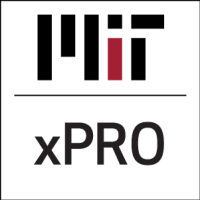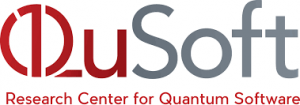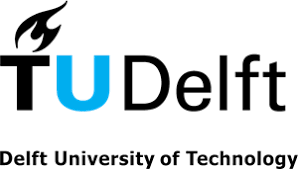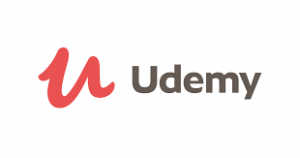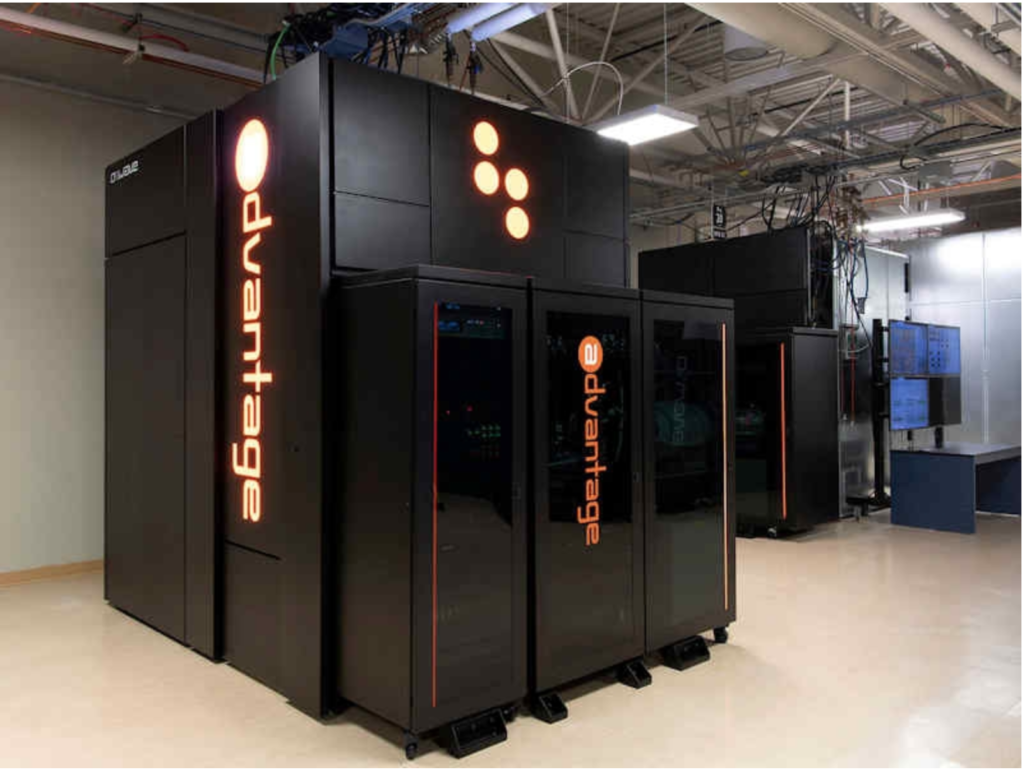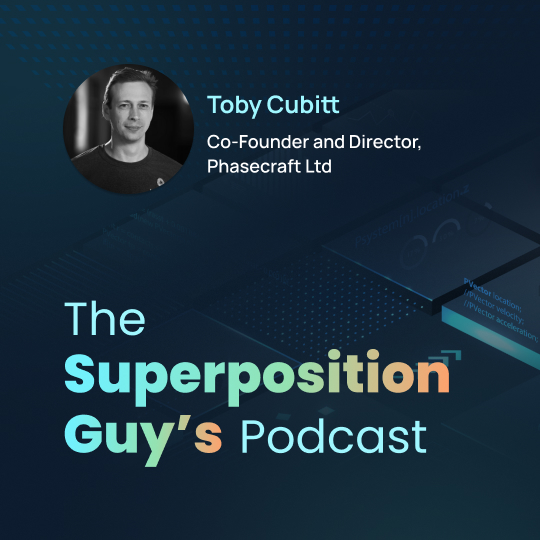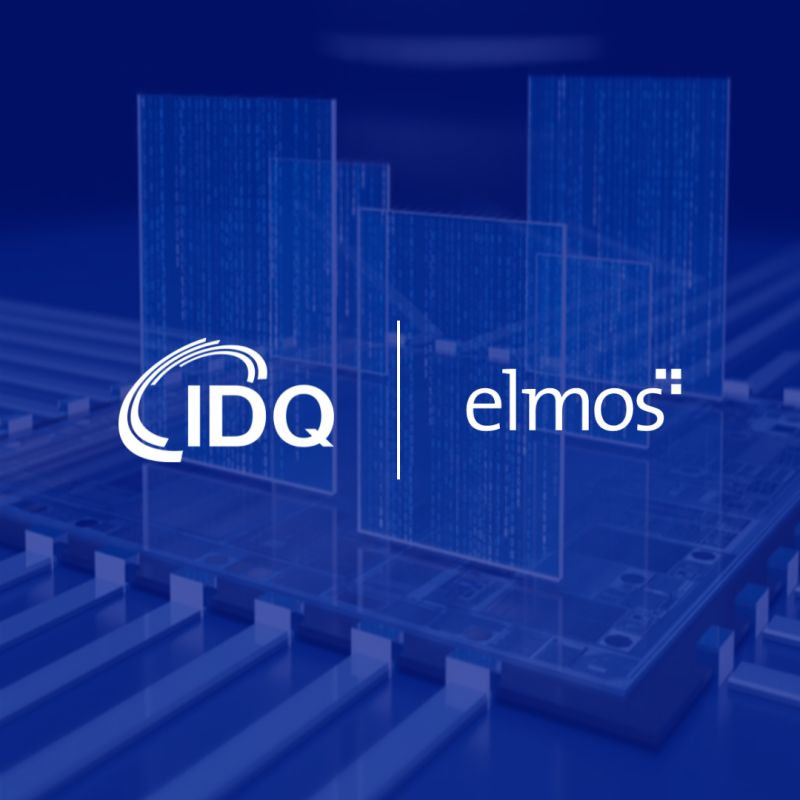Quantum computing (QC), is a hard tech discipline that is only a few decades old. When it comes to actual quantum technology degrees and higher degrees, although they exist, they are not as common as quantum computing courses.

Photo by ?? Claudio Schwarz | @purzlbaum on Unsplash
But there is a solution, and that is taking a high-quality, online quantum computing course. The beauty of these courses is their low cost, low risk and high flexibility. A good quantum computing course may also be your first step to getting a job in this skyrocketing tech niche.

I will present now, via a list, the most popular courses to learn quantum computing online. Some of these quantum computing courses are paid, while others are free or offer partially free content.
All the courses mentioned in this list hope to teach you what quantum computing is, how it’s developing and what it hopes to solve in the future.
Finally, Do also note that we have a growing resource base on our website so do check out our Quantum Computing tech articles.
You may also like:
- 7 Best Quantum Computing Books
- Top 12 Quantum Computing Universities
- 12 Leading Quantum Computing Research Institutions
8 Best Quantum Computing Courses
1. MIT XPRO (TWO-PART ONLINE COURSE)
The best quantum computing course, the granddaddy of them all, is MIT’s ‘Quantum Computing Fundamentals XPro’. This two-part online course promises the client that quantum computing will change business in the future and your knowledge of it.
‘The Quantum computing revolution is upon us.’
— MIT Quantum Computing Fundamentals XPro course
The first thing to realize is the money MIT was able to afford to put into their quantum computing course. And the reputation that precedes it.
MIT drags you in by throwing a Garnter stat at you from the off — by 2023, 20% of organizations will be budgeting for quantum computing projects.
MIT promises that after getting their quantum computing certification you will be able to tell the difference between a classical and quantum computer and the respective algorithms. Additionally, it goes into some of the engineering problems developers in the industry come up against day to day while becoming proficient in those applications. The course also covers the maths of quantum states and operations, too, so better get your linear algebra up to scratch and your vectors and matrix multiplication spick and span before you sign up.
As you can see, Johnny Von Neumann you don’t have to be, but a high school maths graduate you do, at the very least.
Targeted at leaders in government and business, as well as, professionals in the technology sector unfamiliar with quantum computing, the course guarantees a solid foundation of the technical and business aspects of the technology.
The four-week quantum computing course costs $2,149, so it could scare away those used to getting their courses for nada on YouTube. But if you’re serious about a career in Quantum Computing, there is no doubt that this is the best quantum computing course to give you the necessary tools to make the leap to the next level from your current career.
However expensive it seems on the outset, MIT’s reputation is one of the best in the world in the quantum computing space. With faculty members Peter Shor, Isaac Chuang and Aram Harrow leading the charge in quantum computing training, there’s no doubt this course will be cash well spent, either now or in the near future.
Let us leave the last word, nevertheless, to a happy customer, Mr Charles Middleton, Principal Investigator at Harris Corporation:
‘Great starting point for gaining deeper knowledge in more focused areas of quantum information science’
TQD Course Rating: 10/10
2. INTRODUCTION TO QUANTUM COMPUTING BY ST PETERSBURG UNIVERSITY
Next on the list is the ‘Introduction to Quantum Computing’ – the best free quantum computing course. It is backed by St Petersburg University and online hosted on the Coursera platform. Made up of a syllabus that lasts five weeks, the classes are as follows:
Week 1, Intro, taking two hours to complete
Week 2, Mathematical Model of Quantum Computing, needing a total of four hours to finish
Week 3, Quantum Computer and Quantum Algorithms, demanding three hours of study time
Week 4, Shor’s Algorithm, which takes four hours to finish
And finally, Week 5, taking five hours of study time, entitled Grover’s Algorithm, A Quantum Computer Application Boundaries
All in all that’s 17 hours over five weeks; 17 into five, equals 3.4 hours weekly.
As per the course information, its quantum computing classes have been designed for:
those computer scientists, engineers and programmers who believe, that there’s something else than just HLL programming, that will move our computing power further into infinity. Since the course is introductory, the only prerequisites are complex numbers and linear algebra. These two are required and they have to be enough.
This quantum computing course is led by Sergei Sysoev, a teacher at the Center for Optical and Laser Materials Research at St Petersburg University, so the tutor seems to know what he’s talking about.
Of the forty reviews of the course at the time of writing, the average grade — based on five stars — is 4.4.
Here are three, across the board:
‘The course is very informative. But the mathematics is quite hard to follow even for a Physics undergraduate like me. The prerequisite of linear algebra actually means the knowledge of Hubert space and other advanced concepts which I think is quite complex for most non-science students. Also, the quiz is quite challenging without the necessary guidance. It sometimes takes me multiple trials to see what is the correct answer. I think it would be much nicer if there are additional resources that we can read on for the harder questions in the quiz.’
— Gordon L W C, 1 star
‘More time should have been spent on explaining the blocks and the algorithms.’
— Marco G, 3 stars
‘I like this course. It is a bit steep (Mathematical wise) but it presents the topic and it’s most important applications well. Also the reference to a real DIY quantum computer class was interesting to see as well. I can recommend this course to everyone who like to prepare for this exciting quantum computing future!’
— Toon Leijtens, 5 stars
As this is a free quantum computing course, run by an academic with a background in the discipline, it is a highly recommended training course.
TQD Course Rating: 9/10
3. THE QUANTUM QUEST (ONLINE QC COURSE)
Organized by the University of Amsterdam and the Dutch startup QuSoft, ‘The Quantum Quest’ is the best quantum computing course for high school students. Basically a simple, intuitive website, this online course is divided into three sections:
- Start Quirky
2. Watch all videos
3. And Read Lecture Notes
Navigating the website is easy
Start Quirky brings you to The Quirky Quantum Simulator, a quantum simulator by Craig Gidney which runs right in your web browser. There are four quantum computing training quests in total:
Quest 1: Conquer the qubit
Quest 2: Wizard of entanglement
Quest 3: Quantum composer
Quest 4: Algorithm virtuoso
As you can see, all the basics are covered within the first sections of this quantum computing online course.
The videos’ section is hosted on Vimeo, and includes five QuSoft Web classes. Each one is a little over five minutes, so I don’t exactly know what you can learn from these in that time.
The final section, Read lecture notes, is meant to be gorged after you have watched the first two sections. ‘The Quantum Quest’ lecture notes run at 97 pages, so quite substantial.
Throughout the course, students use an online forum called Canvas to read the latest lecture notes, discuss with other learners about the tasks and hand in assignments.
After you have finished watching the videos and reading the notes, ‘The Quantum Quest’ asks the question:
Are you interested in participating in the next round of the Quantum Quest (Fall 2020)?
If you are, all you have to do is sign up with your email address.
This quantum computing course is free, so always a good thing. And though the videos are short, the lecture notes are relatively comprehensive for someone who wants to go further in Quantum computing. With expert visual presentations from QuSoft’s Dr Stacey Jeffery, Professor Ronald De Wolf, Professor Harry Buhrman, and Professor Kareljan Schoutens, you’re in good hands to start your journey in the land of quantum computing.
TQD Course Rating: 8/10
4. THE QUANTUM INTERNET AND QUANTUM COMPUTERS: HOW WILL THEY CHANGE THE WORLD? (QUANTUM INFORMATIONAL COURSE)
To some all this talk of quantum entanglement and superposition may be double dutch to many, so keeping the topic in the home of Vincent Van Gogh we have the course ‘Quantum Internet and Quantum Computers: How Will They Change the World?’. It’s produced in partnership with MIT and Harvard-founded platform for education and learning EDX along with Delft University of Technology (TU Delft). This quantum computing course promises to teach you:
the principles and promises behind these developments and how they will impact our future.
This is another free course, lasting six weeks with two to three hours needed per week, for £38 you can also get a Verified Quantum Computing Certification on completing the course.
The course promises you will learn:
- The basics of quantum computing and the quantum internet
2. The key application areas in which quantum technologies will change the world
3. The potential advantages of quantum technologies but also the challenges in realizing them
4. The basic quantum phenomena that make quantum technologies possible.
Taught by university instructors Stephanie Wehner, Lieven Vandersypen and Menno Veldhorst, who are all professors at the Delft University of Technology and working at Qutech, it doesn’t actually differ much from ‘The Quantum Quest’ training course at number 5.
TQD Course Rating: 8/10
5. FUTURE LEARN
Next on the list is the ‘Understanding Quantum Computers at Future Learn’, a website that provides online courses in IT & Computer Science. The course introduces a lot of the basic vocabulary in quantum computing without the daunting task of using difficult mathematical terms and provides you with basic quantum computing certification.
The course promises to:
“discuss the motivation for building quantum computers, cover the important principles in quantum computing, and take a look at some of the important quantum computing algorithms…
while finishing with a brief look at quantum computing hardware and the budding quantum information technology industry…
Key concepts will be explained graphically, with minimal mathematics but some deep thinking required.”
The course, then, seems to be targeted to the novice to learn quantum computing basics. Lasting four weeks and demanding five hours per week of study, you won’t end up with a physicist’s brain at the end of it nor a job at Rigetti but will have some of the key concepts in quantum computing under your belt.
This quantum computing course is included in the £189 subscription fee for unlimited access to hundreds of online courses, most of them as short as ‘Understanding Quantum Computers’.
If your sole aim is only to take this course, it’s rather pricey for what you get. However, if the value for money is your thing, the unlimited access to other courses could just be what the doctor ordered.
TQD Course Rating: 7/10
6. GEEKS FOR GEEKS
This online quantum computing course is more of a website/forum, but to the hell with it.
Geeks for Geeks is an Indian science and education portal for, well, you guessed it, geeks, and provides numerous courses that anyone with a love of science and technology would love.
Their course, ‘Introduction to Quantum Computing’ seems pretty good. Prices are in Indian rupees. The platform offers many forum discussions and exercises that give you chances to practice your Quantum Computing aptitude.
All in all, only recommended for those with little money and a passing interest in Quantum Computing. However, I’m sure as quantum information science gets more popular, the demand for these courses will grow.
TQD Course Rating: 6/10
7. MICROSOFT’S QUANTUM COMPUTING FOR COMPUTER SCIENTISTS (PDF COURSE)
Microsoft’s course ‘Quantum Computing for Computer Scientists’ is cheating a bit, as it’s not an online quantum computing course per se but rather a 79-page PDF.
For those of you who like to get your information via the written word, this is the quantum computing ‘course’ for you.
With Microsoft’s offering, one thing guaranteed is you’re going to learn from some of the best quantum computing experts in the industry.
The booklet goes through all the basic terms essential to understanding what goes on in the quantum world, starting with the question Why learn quantum computing? before moving on to Learning objectives.
All the main areas are covered with clear, concise graphics on tensor product of vectors, qubits and superposition, CNOT gates, the Hadamard gate, the unit circle state machine before moving on to the Deutsch Oracle.
Another good point is that sections end with clear recaps.
To those unfamiliar with linear algebra and other basic foundations of mathematics required to delve deeper into the world of quantum computing, the course can be demanding, but well worth it.
At the end of the PDF course, it offers further learning goals, further reading and appendices on single-bit operations on multi-bit states and quantum teleportation maths.
Something of an accompaniment reading piece to more substantial quantum computing courses that offer various ways of learning other than by reading, it is still worth the time investing in it.
TQD Course Rating: 6/10
8. UDEMY QUANTUM COMPUTING — AN OVERVIEW
On May 11th of next year, Turkish entrepreneur Eren Bali’s Udemy will be ten years old.
Hail the Young Turk.
It’s a bit of a trailblazer in the online educator sphere. A portmanteau of the word ‘you’ plus ‘academy’, since those salad days it has taught 30 million students and had 50,000 instructors on its books teaching training courses in over sixty languages.
So it’s got the reputation for delivering training on its promises. This is the same with the course ‘Quantum Computing — An Overview’.
In this online course, you will learn about all the basic integrals to understanding quantum computing, like superposition, entanglement, superdense coding, and quantum gates. With all bases covered, after taking Udemy’s quantum computing classes, you will be well underway to moving on to the next level.
The classes were created by Lakshmy Subramonia Iyer, by her profile a technologist and mathematics instructor.
Her profile goes on to say:
‘I’m an engineering graduate with more than 10 years of work experience in various organizations. Currently, I work as an Online Mathematics Tutor for an organization based out of USA. I’m a technologist by passion and possess knowledge in a diverse range of topics which includes Cloud, Blockchain, Big Data, Chatbots and more.’
Delving deeper into her LinkedIn profile, her education states that she went to the University of Kerala where she gained a Bachelor of Technology, Electronics, and Communication Engineering. Professionally, she has experience as a subject matter expert at Edserv Softsystems Ltd.
All in all, I’m not sure how much this warrants the person to be an expert on Quantum Computing, but will give her the benefit of the doubt, for now.
The course costs £19.99, consists of seven lectures, and is for anyone ‘wishing to get a detailed overview of Quantum Computing.’ The learner also receives a 90-minute on-demand video, full lifetime access, and a quantum computing certification.
Students’ average rating for this training comes in at above average, based on the five-star rating.
Here are a few of the course’s comments from learners:
‘It was very good introductory course. I would have liked to hear bit more about how physically a qantum gate is implemented rather then deep dive into matrix transformation but overall good balance and I enjoyed it. Thanks.’
— Ozan Perincek, Four Stars
‘Weak slides and explanations, text transcript is full of errors. I did pick up a few new insights though.’
— Tom Wilkinson, Three Stars
TQD Course Rating: 5/10
So, there it is —these are the best quantum computing courses out there in 2024, and a good representation of some of the choices anyone with an interest in quantum computing wanting to take it to the next level can look into.
Before I sign off, though, below are a few more courses worth a visit.
Other quantum computing courses:
Udemy’s QC101: ‘Quantum Computing & Quantum Physics for Beginners’
‘Quantum Machine Learning for Data Scientists’ from Quantee Limited
‘Quantum Machine Learning’ from Research Gate
‘Quantum Computing for the Determined’ on YouTube.
Again, there are more and more online quantum computing courses popping up all the time, especially at many of the most preeminent universities in partnership with startups.
And well, that’s about it. I think the list is a good overview of what’s out there and what choices the would-be quantum information systems engineer or physicist can expect.
I wish you happy learning, and leave the last word to one of the great men of our time or any other:
‘ANYONE WHO STOPS LEARNING IS OLD, WHETHER AT TWENTY OR EIGHTY.’
— HENRY FORD
TQI Summary
We came to the end of our journey through the exciting world of quantum computing courses. To sum it up, QC courses are gaining much more on their expertise and relevance and are becoming the perfect way to learn about quantum computing nowadays.




